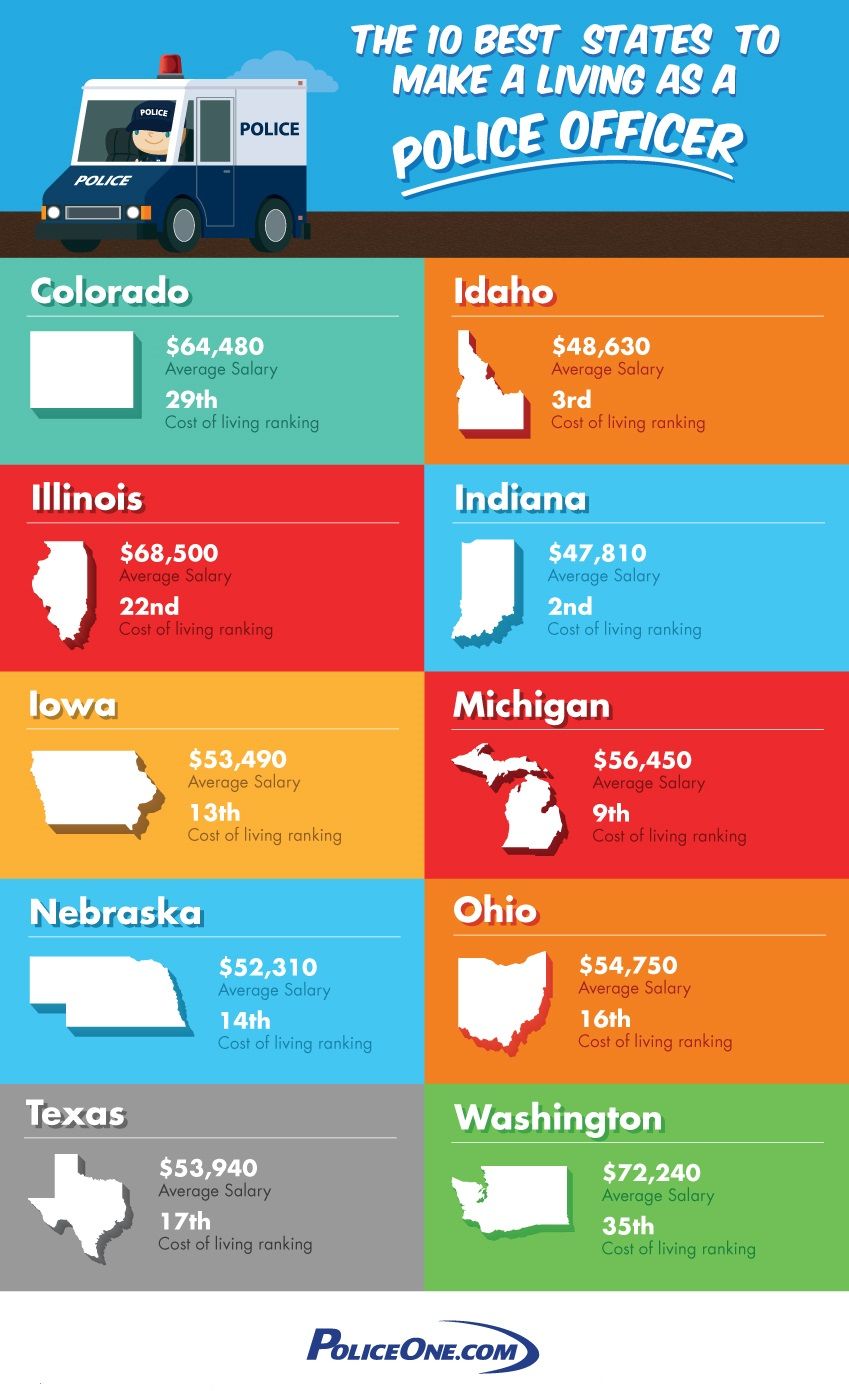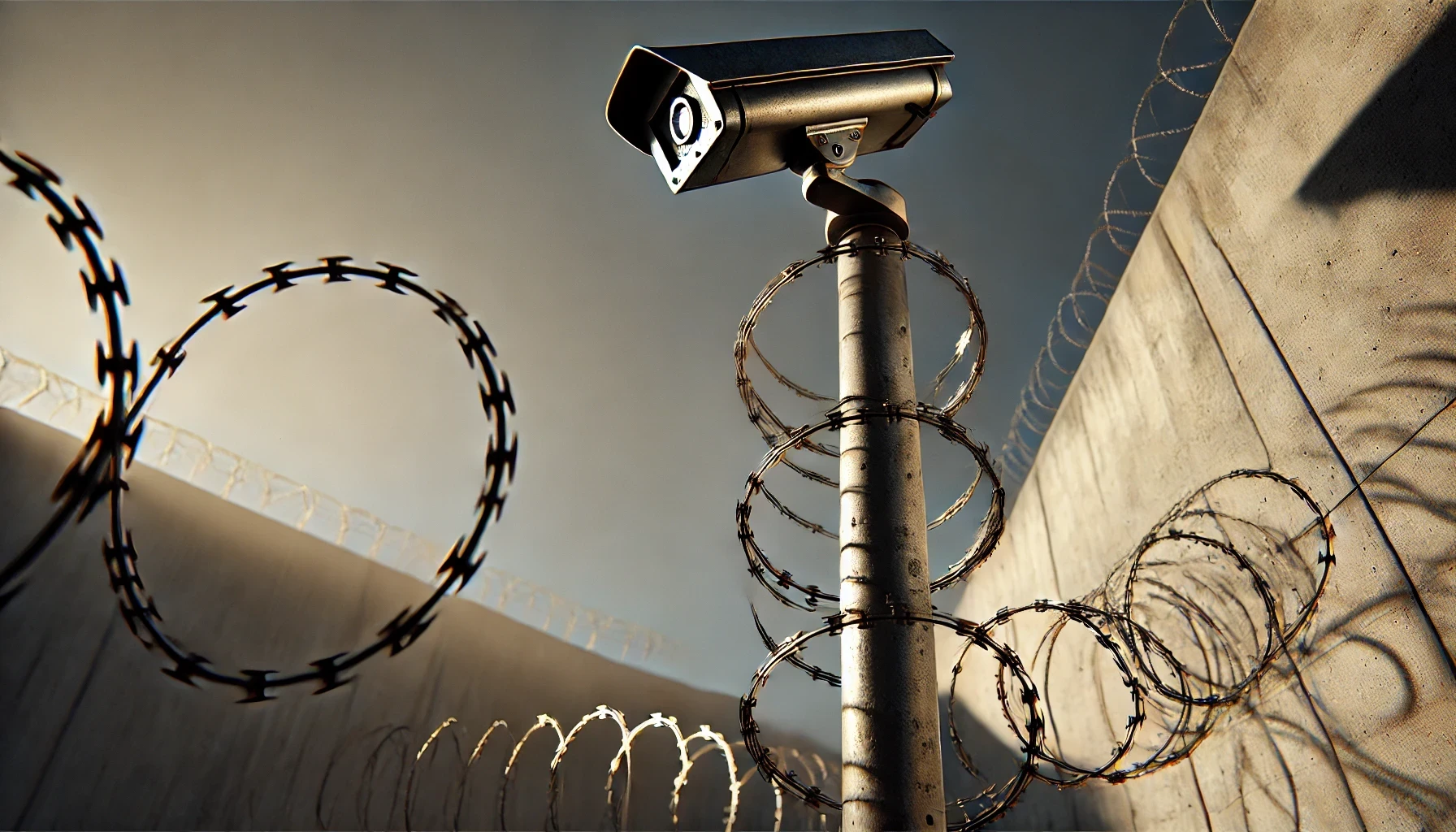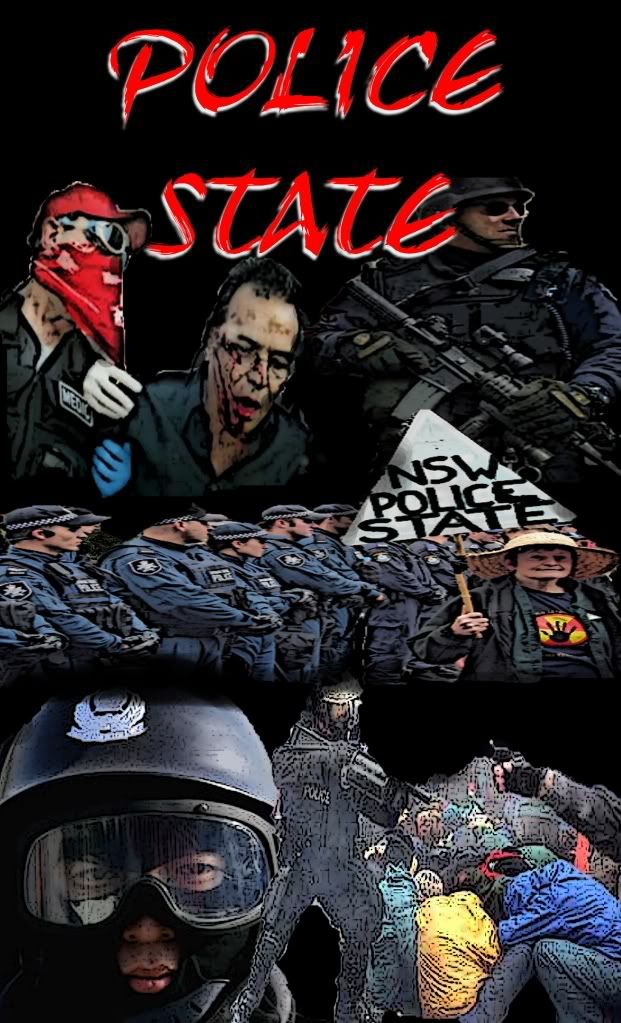Are we truly free, or are we unknowingly living under the shadow of a hidden system of control? The concept of a "police state" isn't just a relic of history; it's a chilling reality that continues to evolve in the modern era, potentially shaping our lives in ways we barely perceive.
The very definition of a police state points to its insidious nature. It is a political entity defined by its repressive control, encompassing political, economic, and social spheres. This control is typically wielded through arbitrary power, with the police, and particularly secret police, taking precedence over the usual administrative and judicial organs of the government. This system often operates beyond the boundaries of publicly known legal procedures.
One of the hallmark features of a police state, often overlooked, is the suppression of individual freedoms. In these regimes, gun ownership is frequently outlawed, reflecting a broader effort to disarm the populace and maintain absolute control. Moreover, the ability to freely express oneself, to communicate, and to move without restriction is severely curtailed. This creates an atmosphere of fear and self-censorship, where citizens are wary of voicing dissent or engaging in activities that might attract the state's attention.
- Kirsten Storms Net Worth How Rich Is The Actress In 2024
- Arie Luyendyk Jrs Net Worth In 2024 Career Earnings Revealed
To understand the anatomy of a police state, consider the table below, it encapsulates the key elements:
| Characteristic | Description |
|---|---|
| Excessive Police Presence | An abnormally large police force, often with significant powers, is a defining feature. This can include secret police and paramilitary units. |
| Oppressive Laws and Policies | Laws and regulations are designed to give the government arbitrary power over citizens, often restricting basic freedoms. |
| Lack of Due Process | The regular operation of administrative and judicial organs according to publicly known legal procedures is undermined. Arbitrary actions are common. |
| Surveillance and Monitoring | The government wields extensive power to monitor, regulate, and control citizens' lives, often using advanced technology. |
| Suppression of Dissent | The government actively silences criticism and opposition through various means, including intimidation, censorship, and imprisonment. |
| Control of Information | The state tightly controls the flow of information, often through state-controlled media, and suppresses independent sources. |
| Restriction of Movement | Citizens' mobility is limited, through internal passports, checkpoints, or other measures. |
History provides stark examples of police states, illustrating their devastating impact on human lives. The Soviet Union and its satellite states, including North Korea and East Germany, were notorious for their extensive and repressive police and intelligence services. These regimes prioritized control above all else, ruthlessly crushing any opposition and manipulating every facet of life.
The mechanisms of a police state are often multi-layered. Authoritarian governments, which rely on absolute power, frequently employ a national police organization under their direct control. This organization, often operating in secrecy, serves the government's political goals, sometimes to the point of becoming a state within a state. This allows the government to maintain its grip on power and enforce its will without the constraints of law or public opinion.
- Phil Mickelsons Net Worth How Rich Is Lefty In 2024
- Ari Fletcher Net Worth How This Influencer Built Her Empire
The suppression of individual liberties is a common thread. Restrictions on mobility, expression, and communication create a climate of fear. The state uses its power to silence voices of dissent, with the targets of the state having little to do with criminal activity and everything to do with perceived subversive ideology. Even seemingly innocuous acts, such as expressing a critical opinion or possessing certain information, can be met with swift and severe punishment.
In these environments, the governments power can be exercised arbitrarily. Consider the use of surveillance technology and oppressive laws. Armed police, paramilitary forces, and volunteer brigades may be present everywhere, stopping people to check their identities and their devices. This level of scrutiny creates an environment of fear, where citizens live in constant awareness of being watched and judged.
The evolution of police states is a complex and multifaceted phenomenon. There are varying degrees of "police state-ness," depending on the specific governance dimensions being examined. A state might not be fully totalitarian, yet still exhibit many of the characteristics of a police state in certain areas. This means that the line between a free society and a police state can be blurred, making it all the more crucial to remain vigilant.
The rise of a police state is not a simple process, but is a gradual erosion of fundamental rights and liberties. These conditions often emerge in times of crisis, or when a government feels threatened. A lack of accountability and the concentration of power are often crucial factors in facilitating this transformation. Totalitarianism, a form of government that permits no individual freedom and seeks to subordinate all aspects of individual life to the authority of the state, often serves as the foundation for a police state.
For example, imagine the response of military and police forces to popular mobilization efforts. The suppression of peaceful protests, the use of excessive force, and the arbitrary arrest of activists are all indicative of a police state mentality. These actions demonstrate a willingness to prioritize state control over the rights of citizens.
Historical examples serve as a stark warning. Nazi Germany and Stalin's Russia represent the epitome of police states. These regimes employed brutal tactics to control their populations, from widespread surveillance and censorship to mass executions and purges. These cases demonstrate the catastrophic consequences of unchecked power and the importance of safeguarding against the erosion of civil liberties.
It is tempting to provide a definitive list of police states. However, such an effort would be inherently flawed. The concept is not static. Furthermore, the characteristics of a police state can manifest in different ways in different contexts. This complexity makes it difficult to create a simple, all-encompassing definition.
The impact of a police state on civil liberties is devastating. The suppression of freedom of expression, the right to privacy, and the rule of law creates a climate of fear and oppression. Citizens live under constant surveillance, and the state wields unchecked power to control their lives. This erodes the very foundations of a free and just society.
The case of Kashgar demonstrates this point. In this city, armed police, paramilitary forces, and volunteer brigades stand on every street. They stop pedestrians at random to check their identifications and cell phones, often looking for banned apps or messages with religious or political content. This intrusive level of control creates an atmosphere of suspicion and fear. The governments power to monitor and regulate citizens lives is absolute.
Modern authoritarian regimes such as Myanmar and North Korea in the early 21st century have also been considered police states by some observers. These regimes, characterized by their repressive governance, are examples of how a police state can persist in the modern world.
The presence of an abnormally large police force, or the enforcement of oppressive laws and policies that allow the government to exercise arbitrary powers over citizens, is characteristic of such a system. The police, under the control of an autocratic regime, practice an excessive amount of control and surveillance over citizens. The focus is on maintaining power, not protecting individual rights. The state often employs extensive surveillance and intelligence gathering, allowing it to monitor and control the activities of its citizens.
The concept of "police power," as defined by the U.S. Supreme Court, includes such things as "public safety, public health, morality, peace and quiet, law and order." However, the Court also recognized the difficulty in defining the outer limits of this power. The exercise of police power needs to be balanced against the protection of individual rights, a balance that can be easily overturned in a police state.
Consider the role of law enforcement. In an effort to remove officers who are deemed unfit to serve and to more closely monitor police misconduct, some states have strengthened law enforcement decertification processes. While these measures can be viewed as positive steps to improve accountability, they also demonstrate the complex relationship between law enforcement and societal control. The fine line between reform and increased state power must be constantly monitored.



Detail Author:
- Name : Jacinto Mraz IV
- Username : laurence77
- Email : monty55@rosenbaum.org
- Birthdate : 1972-03-27
- Address : 84615 Horacio Circle Lake Watson, AR 81584
- Phone : 1-309-530-5838
- Company : Schoen, Mante and Hilpert
- Job : Forensic Investigator
- Bio : Ut qui occaecati voluptas tempora. Sunt autem et harum recusandae ducimus sint. Nobis aut odio molestiae commodi voluptas. Voluptatem est commodi harum tempora.
Socials
linkedin:
- url : https://linkedin.com/in/crooks1999
- username : crooks1999
- bio : Sequi corporis et sed in.
- followers : 930
- following : 1012
twitter:
- url : https://twitter.com/dedrickcrooks
- username : dedrickcrooks
- bio : Voluptatem quas et ipsa blanditiis sed. Nihil qui eaque dignissimos eius libero aspernatur debitis. Dolor quam pariatur debitis quo cum tenetur excepturi.
- followers : 6929
- following : 1199
facebook:
- url : https://facebook.com/dedrickcrooks
- username : dedrickcrooks
- bio : Corporis itaque soluta omnis non id. Consequatur vitae est at sapiente.
- followers : 5323
- following : 444
tiktok:
- url : https://tiktok.com/@dedrick.crooks
- username : dedrick.crooks
- bio : Consectetur non vel est magni deserunt. Officiis laboriosam nisi quae qui.
- followers : 3276
- following : 1600